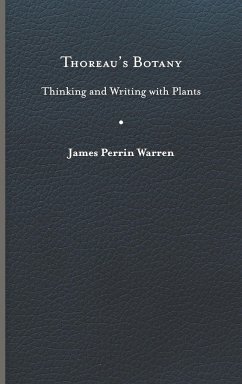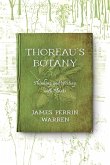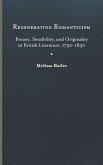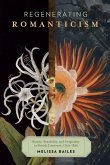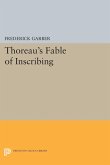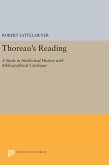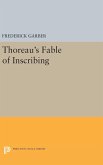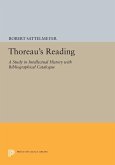Thoreau's last years have been the subject of debate for decades, but only recently have scholars and critics begun to appreciate the posthumous publications, unfinished manuscripts, and Journal entries that occupied the writer after Walden (1854). Until now, no critical reader has delved deeply enough into botany to see how Thoreau's plant studies impact his thinking and writing. Thoreau's Botany moves beyond general literary appreciation for the botanical works to apply Thoreau's extensive studies of botany-from 1850 to his death in 1862-to readings of his published and unpublished works in fresh, interdisciplinary ways. Bringing together critical plant studies, ecocriticism, and environmental humanities, James Perrin Warren argues that Thoreau's botanical excursions establish a meeting ground of science and the humanities that is only now ready to be recognized by readers of American literature and environmental literature.
Hinweis: Dieser Artikel kann nur an eine deutsche Lieferadresse ausgeliefert werden.
Hinweis: Dieser Artikel kann nur an eine deutsche Lieferadresse ausgeliefert werden.

